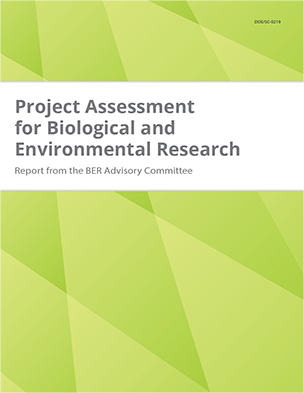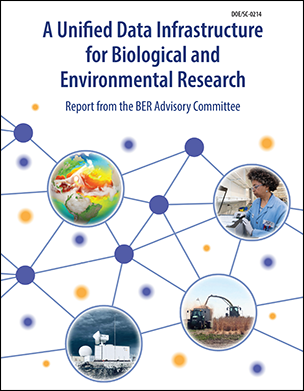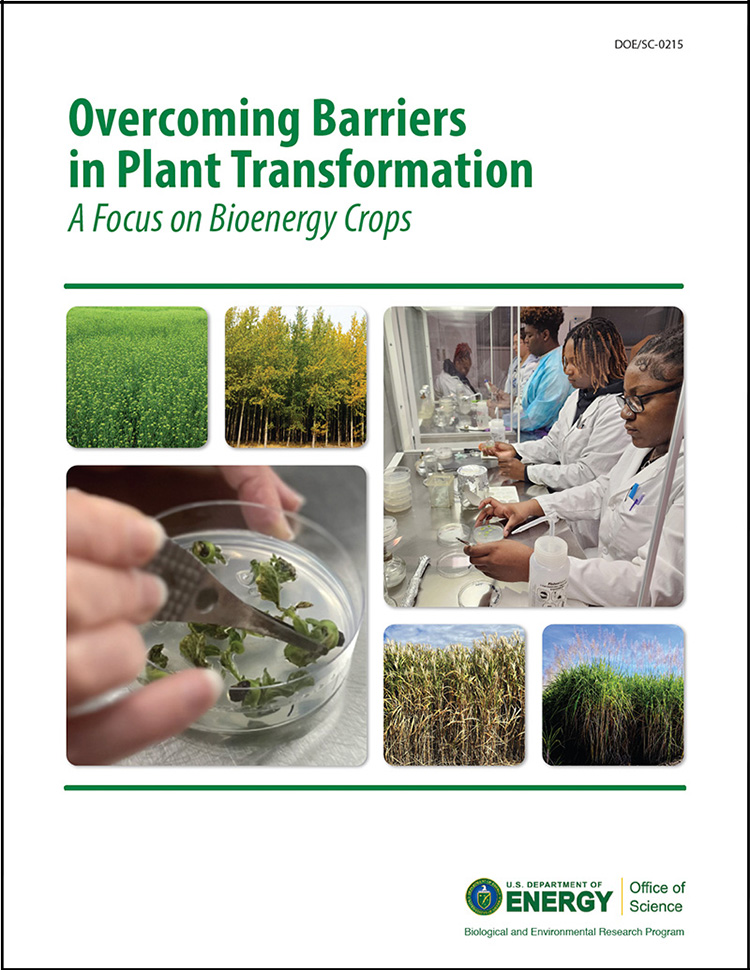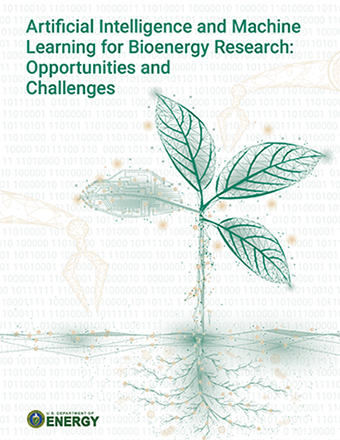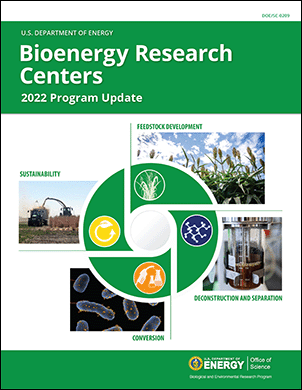Systems Biology for Energy and the Environment
The Genomic Science program pursues fundamental research to understand, predict, manipulate, and design plant and microbial systems for innovations in renewable energy, insights into environmental processes, and biotechnological breakthroughs supporting the U.S. bioeconomy.
News & Funding

FUNDING: DOE SCGSR Program 2025 Solicitation 1 Cycle
Feb 7, 2025
Applications for DOE's Office of Science Graduate Student Research (SCGSR) program 2025 Solicitation 1 cycle due Wednesday, May 7, 2025, at 5pm ET.
View more
FUNDING: Early Career Research Program
Jan 17, 2025
BER is seeking applications for the Early Career Research Program. Pre-applications due February 18th.
View more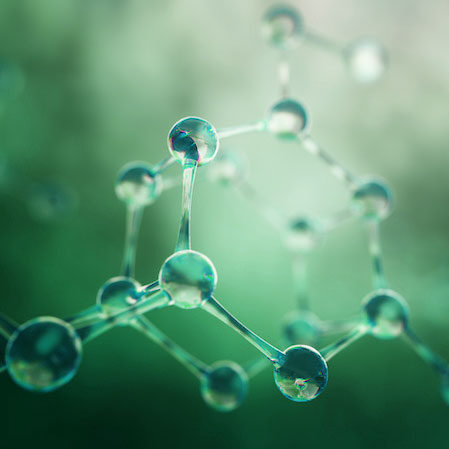
FUNDING: Systems Biology Research to Advance Bioenergy Crop Production
Dec 12, 2024
Pre-applications close January 17, 2025, at 5:00 p.m. ET.
View more
Genomics-Enabled Understanding and Advancing Knowledge on Plant Gene Function(s)
Oct 15, 2024
Funding Announcement for Bioenergy Crop Design
View more
Department of Energy Announces up to $500 Million for Basic Research to Advance the Frontiers of Science
Oct 1, 2024
Annual funding announcement covers Biological and Environmental Research, Basic Energy Sciences, Fusion Energy Sciences, Nuclear Physics, and more.
View more
FUNDING: DOE SCGSR Program 2024 Solicitation 2 Cycle
Aug 15, 2024
Applications for DOE's Office of Science Graduate Student Research (SCGSR) program 2024 Solicitation 2 cycle due Wednesday, November 6, 2024, at 5pm ET.
View more
Bioenergy
Providing the foundational genomics-based knowledge needed to produce and deconstruct renewable plant biomass and convert it to sustainable fuels, chemicals, and other bioproducts.

Biosystems Design
Accelerating the ability to securely design, build, and control plants and microbes for beneficial purposes such as bioenergy production and bioproducts.
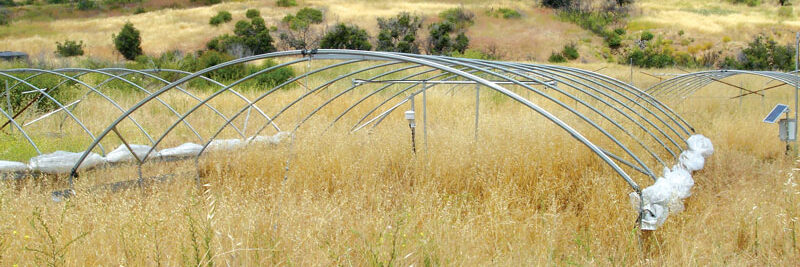
Environmental Microbiome
Developing a process-level understanding of how plant and soil microbial communities impact the cycling and fate of carbon, nutrients, and contaminants in the environment.
Enabling Capabilities
Computing and Cyberinfrastructure
Open-access and integrated computational and bioinformatic capabilities tailored to large-scale data science for research on plants, microbes, and their communities
Biomolecular Characterization and Imaging Science
Imaging and measurement technologies enabling visualization of the relationships among biomolecules, cellular compartments, and higher-order biological systems
DOE Scientific User Facilities
Integrated capabilities across user facilities and resources for genome sequencing and analysis, DNA design and synthesis, molecular sciences, structural biology, and imaging
Bioenergy Research Centers
Four Bioenergy Research Centers—each led by a DOE national laboratory or top university—take distinctive approaches to the common goal of improving and scaling up advanced biofuel and bioproduct production processes.
The multidisciplinary teams are tackling fundamental science challenges in:
- Sustainability
- Feedstock development
- Deconstruction and separation
- Conversion
Their research is identifying the genomic underpinnings of complex plant traits in promising bioenergy crops and streamlining deconstruction processes to funnel plant components into defined process streams. The centers are designing new pathways in microbes to convert plant biomass to a range of fuels, chemicals, and bioproducts. They also are developing the agronomic understanding needed to sustainably manage and produce bioenergy crops on marginal lands.

